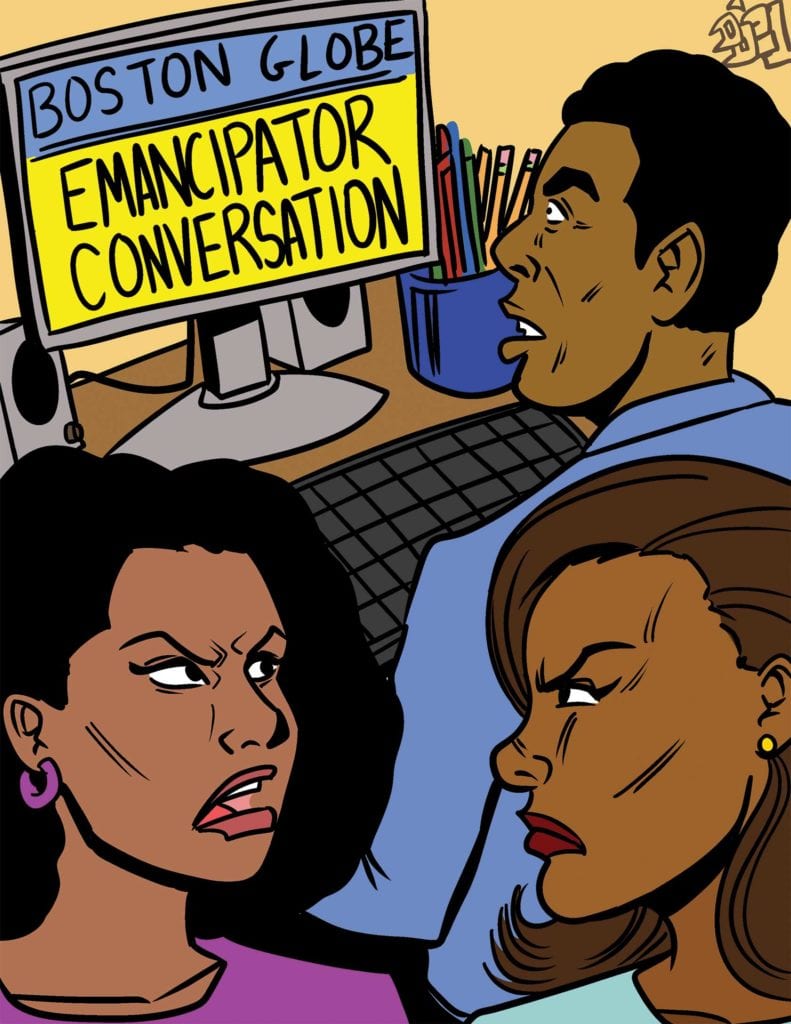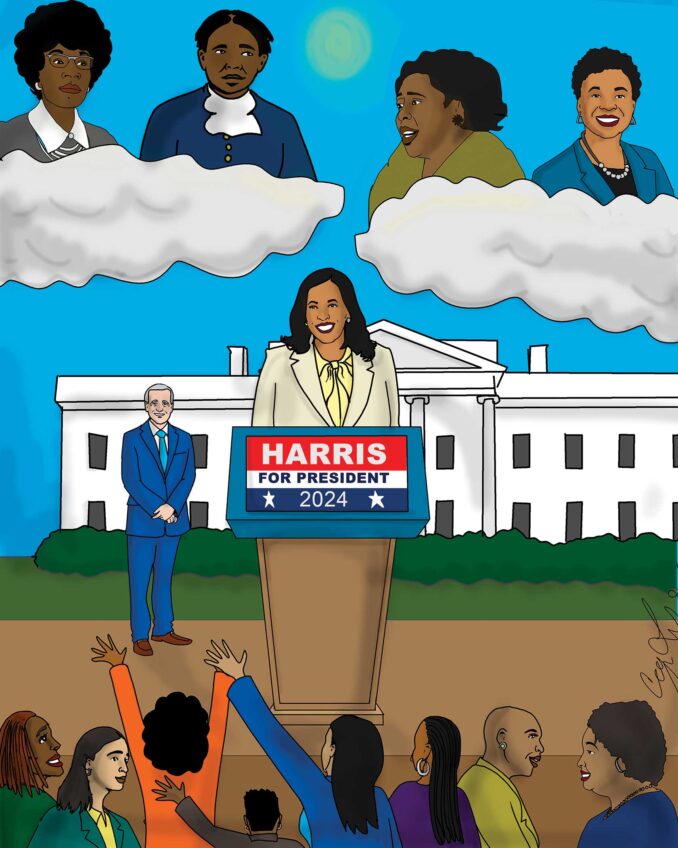
When businesses or sophisticated public service operations decide upon a name or a trademark to establish their identity, they are usually careful to avoid a choice that will provoke a negative reaction. However, such a careful process does not seem to apply to publication names that will involve Blacks. It certainly does not seem that the name “Emancipator” was thoroughly vetted.
Five years ago, David Jacobs decided to discontinue calling his Back Bay weekly “The Boston Courant.” He decided to rename it “The Boston Guardian” even though that was the name of the historically significant newspaper established by the legendary William Monroe Trotter in 1901. Harvard’s first Black Phi Beta Kappa, a graduate of 1895, Trotter spent his life in a perpetual effort to achieve racial equality in America.
The name “The Boston Guardian” is so historically sacrosanct that out of respect, the Banner founder would not call his paper by the name established by the late W. Monroe Trotter. After researching other newspaper names he decided to call it “The Bay State Banner.” Indeed, “The Boston Guardian” name could have been legally protected for a while, but universal respect would have still been expected.
Now the Boston Globe and Dr. Ibram X. Kendi have collaborated to launch a new media platform which they have named “The Emancipator,” the same name as the nation’s first anti-slavery publication. The problem is that the original Emancipator was to unify abolitionists. Slavery was rendered officially illegal in 1865. However, there are still many strategies to hold Blacks essentially in bondage.
Even with its best intentions, the Emancipator was an organization of substantial white men to eliminate slavery. Its objective now, apparently, is to end white racism. That is a cultural impediment of white Americans. Nonetheless, the name “Emancipator” still implies that Blacks are the ones impaired by slavery or its aftereffects.
In fact, the involvement of Dr. Kendi emphasizes that opinion. He is perceived to be a missionary to whites afflicted with racism. That perception is not mitigated by an advisory board that includes a number of people who are respected in journalism or Black studies.
The involvement of the Boston Globe as a partner in the enterprise does little to elevate the trust and confidence of Black citizens of Boston. Over the years the Boston Globe has not been overly friendly to the development of Black institutions in Boston.
The subtle hostility to Blacks might help the program gain the support of recalcitrant whites. That would be the objective after all. It seems unlikely that the Globe would become more trusted and supported by Blacks.
Sophisticated Blacks do not like David Jacobs’ use of “The Boston Guardian” for an editorially insignificant enterprise. People will also undoubtedly resent the name “Emancipator” because it reminds them of enslavement. But as in most matters, if you throw enough money at the issue you might be able to change minds.






